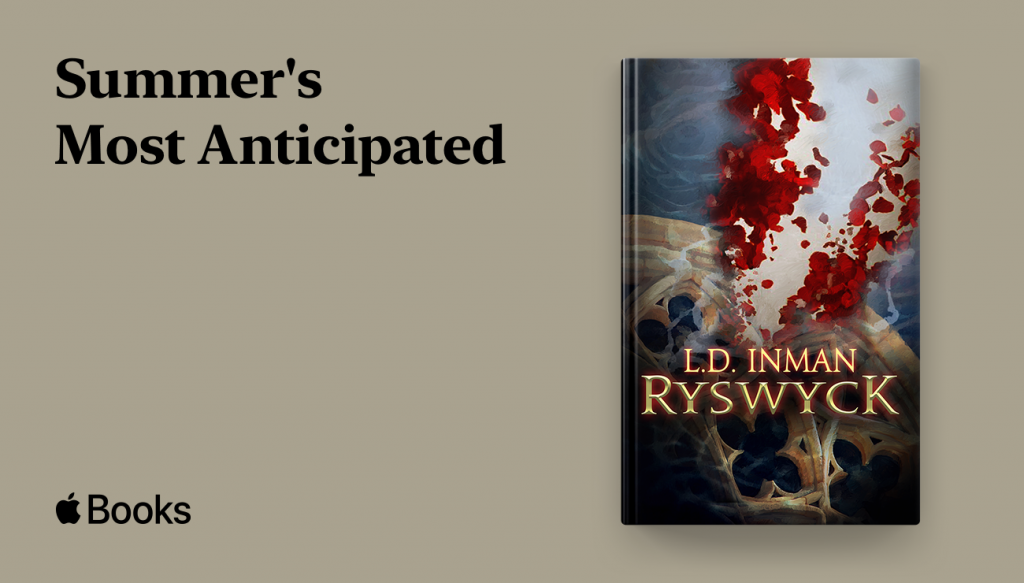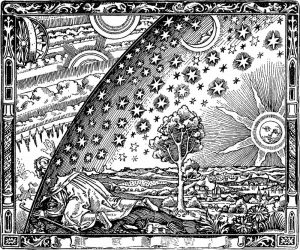Worldbuilding: representative sexualities

One of the questions I got from my beta readers when editing the manuscript of Ryswyck, and one which I expect to get from readers from time to time now the book is in the wild, is a theme with variations: what are the sexualities of the characters, and how are they understood in the ‘verse? Are the questionable choices of — well, Barklay in particular — a function of sexuality, or of something else? Where does Douglas land on the spectrum, if there is one? Where does Speir? Just how friendly is your worldbuilding to non-het points of view?
Since it’s Pride month, I might as well address the topic now. And comment, incidentally, on the reactionary situation that has developed since I first conceived Ryswyck about seven years ago. And if I’m going to talk about the worldbuilding of my ‘verse, I’ll want to talk about the backstory of our own. (Those of you who don’t need the history lesson, bear with me for a couple paragraphs.)
Until 150 years ago, we didn’t have any descriptive words for what it meant to have non-heterosexual desires and experiences. We had a handful of extremely ethnically specific words, and we had a host of pejoratives. Western society, for hundreds of years, had nothing but a reified concept of human sexuality that excluded all but a certain range of heterosexual points of view. Anything in reality outside that range fell short of being human: it was bent, twisted, wicked, sick, or broken.
Then in 1869 the word homosexual was coined. It was intended to be a scientific/medical description of a certain pathology. But this had consequences. The word and concept of heterosexuality then needed to be invented. With that duality it was possible to talk about sexualities on academic terms and in public forums. People who identified themselves as homosexual began to have a way to talk about themselves without mirroring a reflex of disgust. They started reclaiming the pejoratives for their own use; more and more experiences and identities came into the light and were named, so that by the end of the 20th century we had what we call alphabet soup, and more descriptive terms for sexual and gender identity are coined and put into circulation all the time.
Some people have started to scoff at this. “This is ridiculous, we have L, G, B, T, Q, A, I, WTF, BBQ — where is this going to end?” I’m glad you asked that question, Imaginary Scoffer. It seems to me that the most reasonable and moral trajectory of this process would be to re-reify the concept of “human” sexuality, this time to include the increasingly obvious multiplicity of ways to experience love and desire. People could use descriptive terms for themselves without also having to press those terms into service as polemic, to defend themselves against the backlash of the heteronormative point of view.
But what’s happening instead right now is something I think very sad and short-sighted. There are some non-het groups who can’t or won’t conceive of a reunified human sexuality, and have turned on those whose identities resist definite labels. “You Bs, you Ts, you Is, whatever you are — you aces and aros, take your queer umbrella and get out! You belong with the enemy: the straights!”
None of this was on my radar when I was worldbuilding for Ryswyck. All I wanted, as Kameron Hurley saw, was to write a story without having to say, “Well, as you know, Bob, Douglas is pansexual and homoromantic!” So I invented context for him, and for Speir, and for Barklay and Stevens and Cameron and Rose and Corda and Darnel and Orla: context in which my characters were free of the pressure to see their identities as essentially polemic. The society they live in isn’t perfect, but it has advanced in this one area in part because the communities are small and everyone needs each other; needs to be able to trust one another, whatever their identity might be. The people who get to know Douglas come to know that he might like to go to bed with a wide variety of people, but the person he falls in love with is overwhelmingly likely to be male. Nothing else is needed. Everyone gets to say who they are. Everyone gets to rest.
But our interaction with such a story is unfortunately not simple. There are some authors and showrunners and creators who resist using labels for the reasons I sketch above, because they want to upgrade the whole context in which characters relate to one another. And then there are the authors and showrunners and creators who resist using labels because they want plausible deniability in case straight people get…het up about “forced” representation.
Nobody forced me to write from a non-het-centric point of view; I just did. I have enough age and experience now that I don’t feel my own identity as inherently polemic. I’ve done myself the same courtesy I deeply believe in doing others: letting them say who they are. Even if I think they’re wrong, or problematic (a word that covers a host of sins), or merely tiresome.
Everything doesn’t have to be a fucking polemic.
I know, I know: the battle lines being drawn right now are not imaginary. The Nazis have crawled out from under their rocks, and brazen cruelties march across every television chiron, and it’s hotter in Alaska right now than it is in Kansas City, and I-29 opened for five minutes before going under again.
But what is speculative fiction for if not for featuring to ourselves a way of being that is recontextualized, recentered, reimagined — while still being ourselves? All this noise may cover it up from time to time. But people are always people. And courtesy is still a thing.
And it’s time our context got an upgrade.












